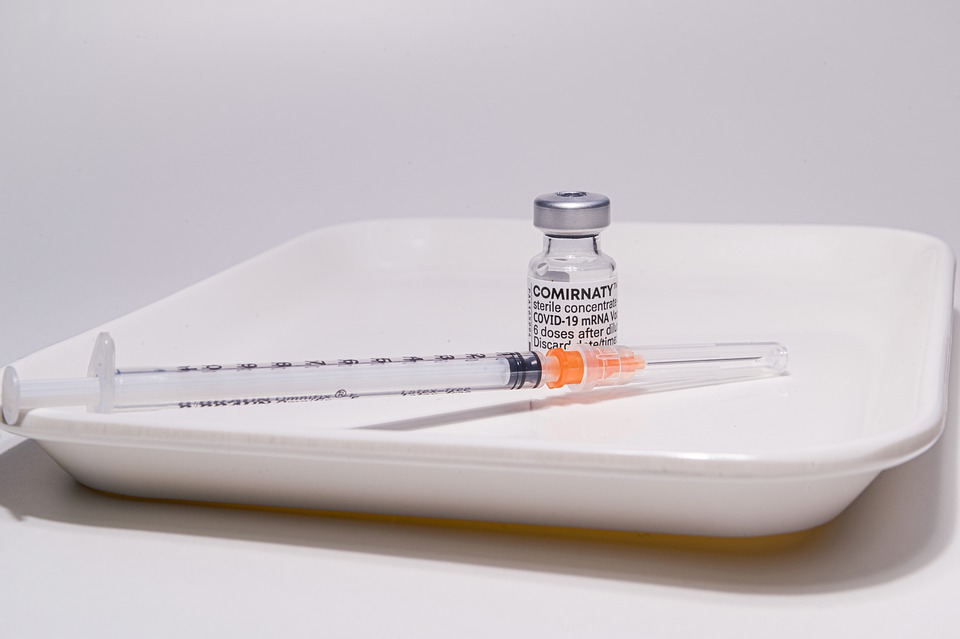News release
From:
A booster dose of the Pfizer–BioNTech vaccine (BNT162b2) against SARS-CoV-2 after an initial two doses of either the CoronaVac inactivated virus vaccine or Pfizer–BioNTech mRNA vaccine is shown to provide protection against the Omicron variant, in a pair of papers published in Nature Medicine.
David Hui, Malik Peiris and colleagues investigate differences in antibody responses to infection with wild-type or the Omicron variant of SARS-CoV-2 in people who had either recovered from COVID-19 (30 participants; mean age, 48.9 years) or received vaccinations. This included uninfected people one month after their second of two doses of either the Pfizer–BioNTech mRNA vaccine (31 participants; mean age, 51.7 years) or the CoronaVac vaccine (30 participants; mean age, 52.1 years), those who received two doses of CoronaVac and an additional booster dose of CoronaVac (30 participants; mean age, 50.5 years) or three doses of Pfizer–BioNTech (25 participants; mean age, 50.6 years).
The authors found that two doses of either the Pfizer–BioNTech or CoronaVac vaccine provided little neutralizing antibody immunity against Omicron infection, even at one month after vaccination. Supplementing two doses of either vaccine with a Pfizer–BioNTech booster vaccination, however, provided acceptable immunity — defined as antibody levels sufficient to elicit greater than 50% protection against SARS-CoV-2 — at one month after booster-dose administration. Three doses of the Pfizer–BioNTech vaccine resulted in mean neutralizing antibody titers against Omicron a third higher than those elicited by two doses of CoronaVac plus a Pfizer–BioNTech booster. However, three doses of CoronaVac did not elicit sufficient neutralizing antibody responses against Omicron.
In a second paper, Akiko Iwasaki and colleagues examine the effectiveness of a three-part vaccine regime, consisting of two doses of CoronaVac followed at least four weeks later by booster vaccination with Pfizer–BioNTech, against the Delta and Omicron variants of SARS-CoV-2 in 101 participants (70% female; mean age, 40.4 years) in the Dominican Republic.
Participants who received this combination of vaccines had elevated levels of virus-specific antibodies and strong antibody neutralization responses against both the original, ancestral form of SARS-CoV-2 and the Delta variant compared to levels prior to the mRNA booster. Although neutralization of Omicron was undetectable in those who had received just two doses of CoronaVac, additional booster vaccination with Pfizer–BioNTech resulted in a 1.4-fold increase in antibody neutralization activity against Omicron, relative to those who received two doses of Pfizer-BioNTech or Moderna vaccines.
Despite this increase, however, levels of neutralizing antibodies against Omicron were still reduced overall by 7.1-fold and 3.6-fold, relative to levels of antibodies against the ancestral virus or Delta variant of the virus, respectively. Notably, previous infection with SARS-CoV-2 did not significantly elevate the levels of antibodies against Omicron in participants who had received the mixed-vaccine regime.
The authors conclude that these findings further highlight the ability of the Omicron variant to evade vaccine- or infection-induced immunity, emphasizing the global importance of booster vaccinations in efforts to combat emerging variants of SARS-CoV-2.



 International
International



